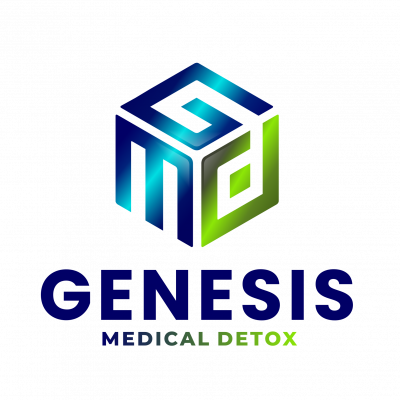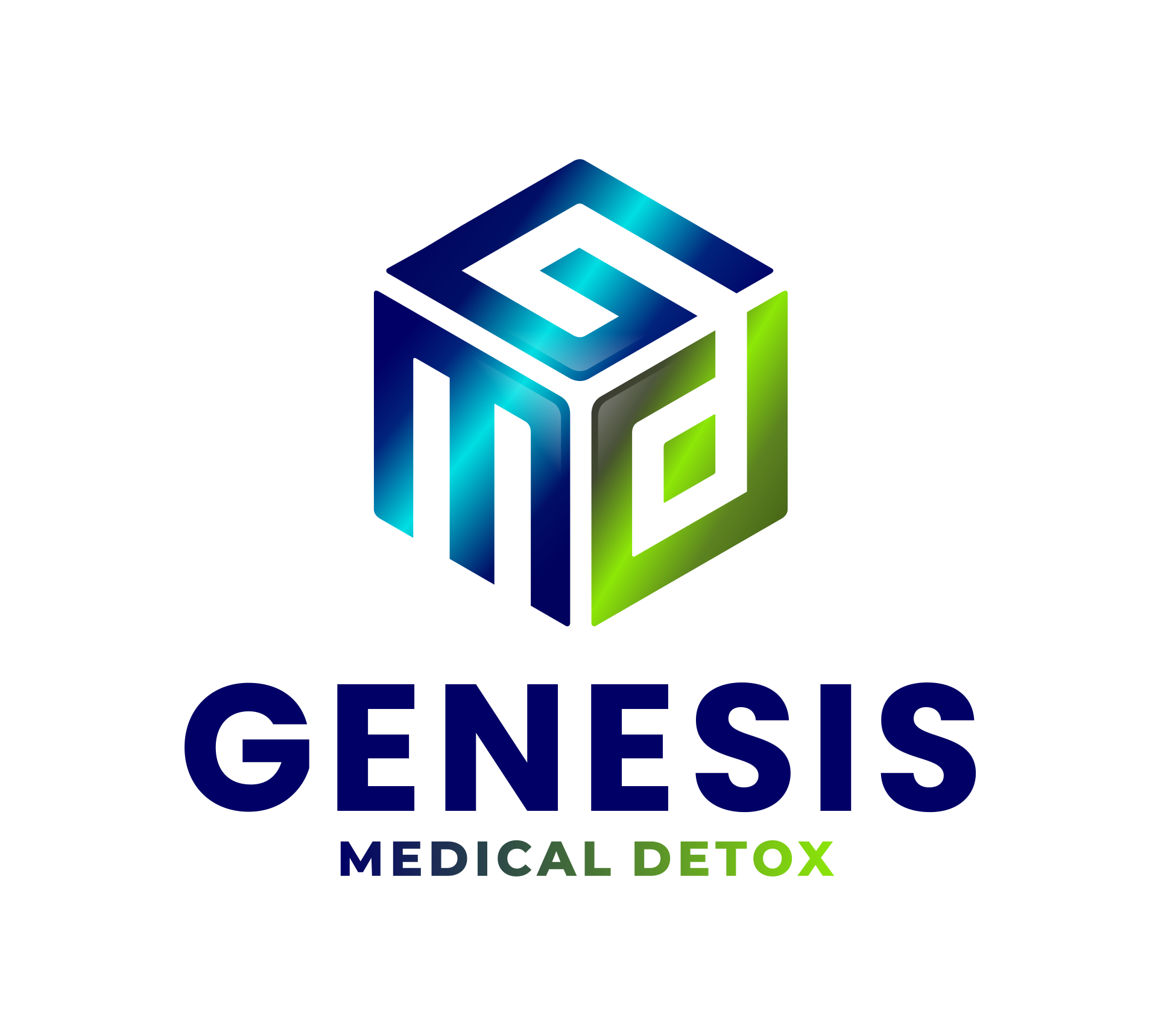
The Methamphetamine Crisis in Texas
The crisis of methamphetamine use in Texas has transformed into a significant public health issue over the past two decades, attracting the attention of policymakers, law enforcement agents, and health officials. Characterized by soaring rates of addiction, overdose deaths, and social disintegration, methamphetamine substance abuse has seeped into the fabric of Texan society, leaving in its wake a trail of devastation. The following explores the multitude of factors contributing to the surge of methamphetamine use in Texas, examines its profound impacts, and suggests potential solutions to curb this escalating crisis.
To understand the enormity of the methamphetamine problem in Texas, it is essential first to consider the historical context of the drug. Methamphetamine, originally developed as a nasal decongestant in the early 20th century, gained popularity as a potent stimulant during the 1930s and World War II. By the late 20th century, the illicit manufacturing of meth through clandestine labs proliferated, particularly in rural areas, leading to widespread addiction and related health issues. In recent years, a significant shift has occurred; rather than the home-cooked versions that characterized earlier eras, the state has witnessed a surge in highly pure, trafficked methamphetamine originating from Mexican drug cartels. This influx has rendered meth more accessible and affordable, compounding the crisis.
Several interrelated factors contribute to the rise of methamphetamine abuse in Texas. Economic distress, particularly in rural communities, plays a palpable role. High unemployment rates, coupled with limited access to addiction treatment and mental health services, have left many individuals in a state of despair, leading them to seek escape through drugs. Furthermore, the enduring stigma associated with addiction often discourages individuals from seeking help, while the lack of adequate resources frequently results in inadequate treatment options. The socio-economic landscape creates a fertile ground for substance abuse, pushing vulnerable populations toward methamphetamine as a means of coping.
The implications of the methamphetamine crisis in Texas extend far beyond individual addiction; they reverberate throughout families and communities, exacerbating societal problems. Families affected by meth use witness difficulties in maintaining stability, leading to disrupted homes and adversely affecting children. Reports indicate that children raised in homes where meth is prevalent are more likely to suffer adverse childhood experiences, including neglect, physical abuse, and exposure to domestic violence. Social service systems, overwhelmed by the growing number of child neglect cases related to parental substance abuse, struggle to provide adequate support, further exacerbating the systemic issues.
Moreover, the healthcare system bears tremendous burdens as a result of the methamphetamine crisis. Emergency rooms across Texas are increasingly inundated with patients suffering from meth-related health emergencies, which may include cardiac events, mental health crises, or infectious diseases such as hepatitis C and HIV associated with substance abuse. The weight of these cases strains limited healthcare resources, posing challenges to an already beleaguered system. The economic cost of treating these health issues, in tandem with the criminal justice expenses associated with meth-related crime, signifies the need for a comprehensive approach to address the crisis.
To combat the methamphetamine epidemic in Texas, a multifaceted approach is essential. First, it is imperative to strengthen prevention and education initiatives aimed at reducing initial substance use. Schools, community centers, and local organizations should collaborate to provide programs focused on informing youth about the dangers of methamphetamine and equipping them with the tools to resist peer pressure. Furthermore, increasing access to treatment for those already struggling with addiction is critical. Expanding Medicaid, funding rehabilitation centers, and integrating mental health services can help provide comprehensive care and support for individuals battling addiction.
Additionally, addressing the socio-economic conditions that facilitate substance abuse can help mitigate the crisis’s root causes. Investing in economic development and social services in rural communities can foster resilience, reducing the vulnerability to substance abuse. Furthermore, breaking the stigma surrounding addiction through public awareness campaigns can encourage individuals to seek help without fear of judgment
What Treatments are Being Employed to Combat the Methamphetamine Crisis in Texas
The methamphetamine crisis in Texas has emerged as a significant public health challenge, exacerbated by the drug’s highly addictive nature and the complexities of substance use disorders. As the state grapples with the implications of widespread methamphetamine abuse, various treatment strategies have been implemented to address the problem holistically. The following explores the multifaceted approaches being employed in Texas to combat the methamphetamine crisis, focusing on prevention, treatment, and rehabilitation initiatives.
The Scope of the Crisis
The State of Texas has witnessed a troubling increase in methamphetamine use over the past few years. According to the Texas Department of State Health Services, meth-related emergency room visits and fatalities continue to rise, prompting officials to declare a pressing need for effective intervention. The crisis presents a significant challenge to public health systems and community resources, emphasizing the urgency of deploying evidence-based treatment methods.
Prevention Strategies
Before delving into treatment modalities, it is vital to understand the importance of prevention in addressing substance use disorders. Texas has initiated several state-funded programs aimed at preventing methamphetamine abuse, particularly among vulnerable populations such as youth. The Texas Health and Human Services Commission (HHSC), in collaboration with community organizations, has launched educational campaigns that focus on raising awareness about the dangers of methamphetamine use. These initiatives often incorporate school-based programs where children and adolescents receive information about drug use, emphasizing the risks and consequences associated with methamphetamine.
Additionally, the state has focused on enhancing community resilience through family engagement and social support networks. By promoting healthy lifestyles and building stronger community ties, Texas aims to lower the susceptibility of individuals, particularly young people, to substance abuse.
Treatment Modalities
When prevention efforts fall short, effective treatment methodologies become essential. Traditional approaches to treating methamphetamine addiction in Texas frequently involve behavioral therapies and counseling. The Texas Department of State Health Services supports programs such as Cognitive Behavioral Therapy (CBT), which helps individuals identify and change damaging thought patterns and behaviors associated with their substance abuse. Such therapies can be delivered in various settings, including inpatient, outpatient, or residential facilities.
Furthermore, recent years have seen the integration of medication-assisted treatment (MAT), a paradigm shift in addressing substance use disorders. The use of specific medications can help alleviate withdrawal symptoms and reduce cravings for methamphetamine. While there is no FDA-approved medication specifically for treating methamphetamine addiction, physicians may prescribe certain off-label medications, such as bupropion and naltrexone, to assist patients in recovery. Coupled with behavioral therapies, MAT facilitates a more comprehensive approach to treating addiction.
Rehabilitation and Aftercare
Addressing the methamphetamine crisis also involves robust rehabilitation and aftercare programs to support individuals in maintaining sobriety after treatment. Many Texan treatment facilities provide comprehensive aftercare programs that include support groups, relapse prevention strategies, and ongoing counseling. The Texas Recovery Support Services (RSS) focuses on providing individuals leaving treatment with resources to navigate housing, employment, and social challenges. By assisting individuals in reintegrating into society, Texas aims to forge a sustainable path toward recovery.
Moreover, peer recovery support services have gained prominence within the Texas treatment framework. Recovery coaches and peer support specialists, often individuals who have overcome substance use disorders themselves, provide mentorship and guidance to those in recovery. Studies indicate that peer support can play a key role in fostering a sense of belonging and reducing the likelihood of relapse, significantly enhancing the overall efficacy of treatment programs.
Collaboration and Multidisciplinary Approaches
Combating the methamphetamine crisis in Texas requires a collaborative effort among various stakeholders, including healthcare providers, law enforcement, social service agencies, and community organizations. Integrated care models that bring together different specialties—mental health, substance use, and primary care—facilitate holistic treatment plans that address the complex needs of individuals grappling with addiction.
As the methamphetamine crisis continues to pose substantial challenges for the state of Texas, the combination of prevention, treatment, rehabilitation, and collaborative approaches forms the backbone of the state’s response strategy. While progress has been made, ongoing assessment and adaptation of these strategies are crucial in effectively addressing the ever-evolving landscape of substance use disorders. Ultimately, a commitment to comprehensive, evidence-based approaches will be essential to mitigating the impacts of methamphetamine addiction across Texas.
How Genesis Medical Detox in Ennis, TX is Making a Difference in the Methamphetamine Crisis in Texas
The crisis of methamphetamine abuse has emerged as a significant concern across Texas, contributing to severe public health and social challenges. Communities grappling with the ramifications of this potent drug are in dire need of effective intervention strategies and comprehensive treatment programs. Genesis Medical Detox, located in Ennis, Texas, has positioned itself as a beacon of hope in this struggle, providing specialized detoxification and rehabilitation services tailored to individuals battling methamphetamine addiction. This essay aims to illustrate the vital role played by Genesis Medical Detox in addressing the methamphetamine crisis in Texas, examining its treatment methodologies, community outreach efforts, and collaborative initiatives with local agencies.
To understand the impact of Genesis Medical Detox on the methamphetamine crisis, it is essential to first recognize the complexities of methamphetamine addiction. This powerful stimulant alters the brain’s reward system, leading to physical and psychological dependence. The consequences of such addiction are devastating not only for individuals but also for their families and communities, often resulting in deteriorating mental health, increased criminal activity, and strained social services. Genesis Medical Detox addresses these challenges head-on through its comprehensive approach to treatment, which initiates with medical detoxification and progresses to ongoing rehabilitation.
One of the most critical components of Genesis Medical Detox’s approach is its emphasis on medically supervised detoxification. This process is crucial for mitigating the potentially dangerous withdrawal symptoms associated with methamphetamine cessation. By providing round-the-clock medical support, Genesis ensures that patients undergo detox in a safe environment, minimizing the risks of complications and offering comfort during a distressing time. Utilizing evidence-based practices, the medical team can assess individual needs and tailor interventions that enhance the detoxification experience. This crucial step sets the foundation for long-term recovery and demonstrates Genesis Medical Detox’s commitment to following best practices in addiction treatment.
Beyond detoxification, Genesis Medical Detox emphasizes holistic rehabilitation, integrating various therapeutic modalities to address the multifaceted nature of addiction. Cognitive Behavioral Therapy (CBT), group therapy, and individual counseling sessions are components of a well-rounded treatment program. By fostering emotional resilience and life skills, clients can better navigate the challenges of recovery and re-enter society as functioning members. Genesis also incorporates family therapy into its rehabilitation framework, recognizing the impact of addiction on familial relationships. By involving loved ones in the healing process, Genesis Medical Detox not only aids individuals but also fortifies the support systems that are essential for sustained recovery.
Moreover, Genesis Medical Detox plays an important role in community outreach and education concerning addiction and recovery. By actively engaging with local organizations, schools, and health agencies, the facility helps to raise awareness about the dangers of methamphetamine use and the resources available for treatment. Workshops, seminars, and informational sessions help demystify addiction, addressing prevalent myths and encouraging individuals to seek help. This commitment to public service demonstrates Genesis’s dedication to creating a knowledgeable community equipped to confront the challenges posed by methamphetamine addiction.
In addition to community education, Genesis Medical Detox collaborates with various local agencies to enhance the response to the methamphetamine crisis. Partnerships with law enforcement, mental health services, and social workers enable a more cohesive approach to addressing substance abuse in Ennis and its surrounding areas. By establishing a network of support, Genesis ensures that individuals struggling with addiction have access to a continuum of care that extends beyond detox and rehabilitation. Such collaborative efforts allow for seamless transitions between different levels of care, reinforcing the notion that recovery is a multifaceted journey requiring comprehensive support.
Genesis Medical Detox in Ennis, TX, stands at the forefront of the battle against the methamphetamine crisis in Texas. Through its compassionate medical detoxification and holistic rehabilitation programs, the facility offers hope and healing for individuals grappling with addiction. Furthermore, its proactive approach to community outreach and collaboration with local agencies underscores the importance of collective action in combating substance abuse. As Texas continues to confront the challenges posed by methamphetamine addiction, the work undertaken by Genesis Medical Detox serves as a model of effective intervention, compassion, and commitment to recovery. The facility not only transforms individual lives but also fosters stronger, healthier communities in the face of adversity.
In Conclusion
In conclusion, the methamphetamine crisis in Texas is a complex and multifaceted problem that requires targeted intervention at various levels. By understanding its roots, recognizing its impact, and implementing effective prevention and treatment strategies, Texas can move toward a future where addiction is treated as a public health issue rather than a criminal one. As the state grapples with this pressing concern, it is imperative that all stakeholders work collaboratively to restore hope and health to affected individuals and communities, ultimately paving the way for a brighter future.
If you or someone you know is struggling with a chemical dependency issue reach out to Genesis Medical Detox’s various locations: Genesis Medical Detox Tennessee, Genesis Medical Detox Alabama and Genesis Medical Detox Texas; or Magnolia Ranch Recovery our sister residential treatment company today and get started on the path to long-term recovery.








